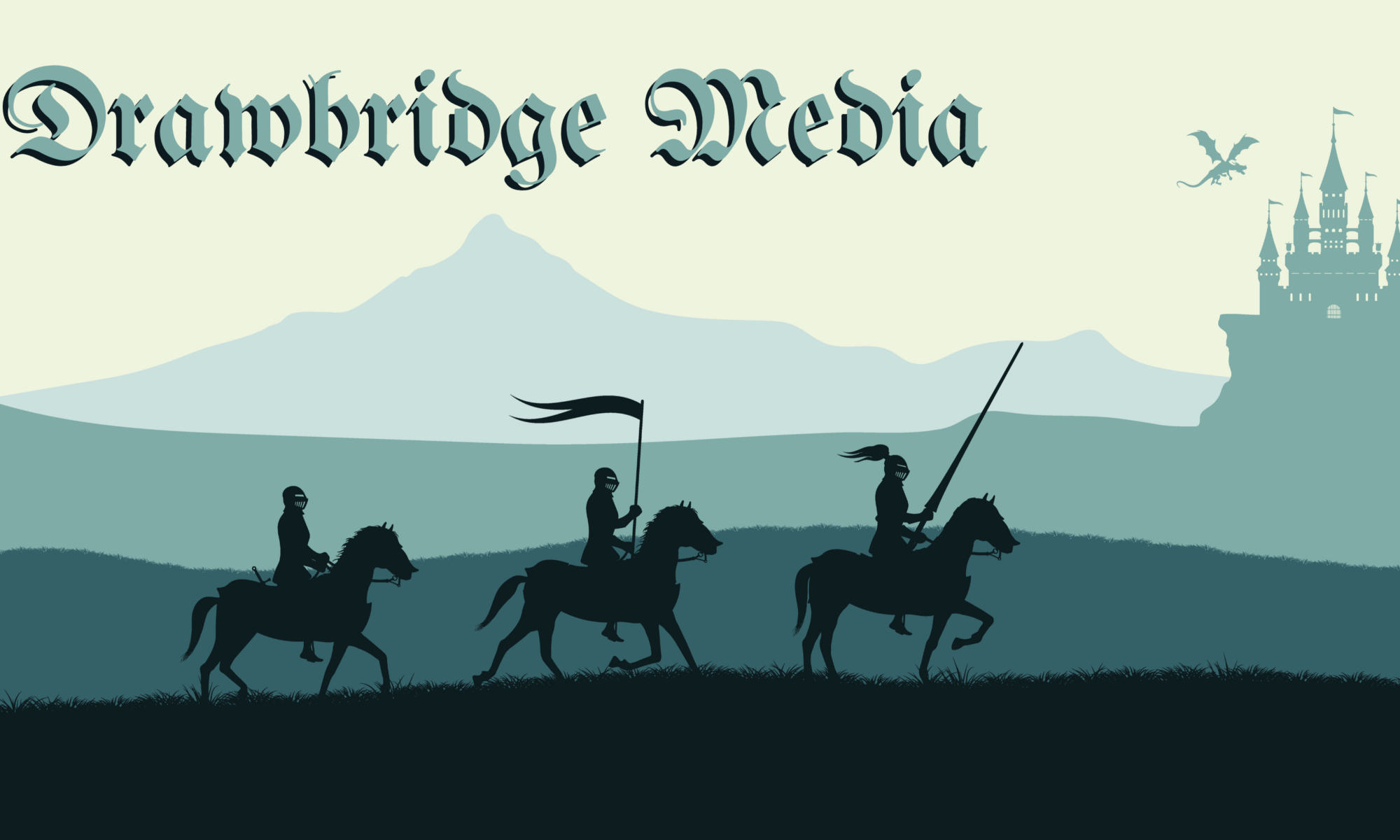Is Sansa Just Playing the Game?
Welcome to The Podcast That Drinks and Knows Things’ Drowned Word! The Drowned Word focuses on topics discussed in a recent episode of the show. Today I’m talking about S05E06 Unbowed, Unbent, Unbroken.
You might have noticed that I said “a recent episode” instead of “the most recent episode.” Normally I discuss the latest episode of the show, but I had to cover episode six instead for two reasons: 1) my Hogwarts Radio co-host Terrance was on this episode of the podcast, and 2) I just have to weigh in on that Sansa scene, right?
After listening to the episode, I googled “Sansa Stark season 5” and everything that came up was about this episode. To say Sansa and Ramsay’s wedding night is divisive would be a bit of an understatement. Even within the opinions of the podcast hosts, views were split. I’ll start with a disclaimer that I agree with Luke and Terrance: the scene is unnecessary, doesn’t further Sansa’s character development, and serves Theon’s development in a horrible and unforgivable way.
But I guess we can examine both sides.
Side One: The Rape Scene is Trash and Lazy and Sucks
Did anyone want to see one of our beloved Starks raped on the night of a wedding she didn’t want when her plot this season is already so boring? No. But did we? Yes. So let’s discuss why it’s a problem.
First, let’s talk about The F Word’s article, “Using Rape as a Plot Device,” which was written in 2013 by Caity Goerke. Goerke discusses how rape is often used as a way to move the plot forward, a device which “functions to erase women, as characters, from films and drama.” I would argue that this is the case with Sansa’s plot line in this season. Is it really about her, or is it about Ramsay and the upcoming Battle of the Bastards? Is this scene about Sansa, or is it about Theon? I would also argue that rape is never needed as a plot device and should never be used to create character, and some showrunners are starting to agree that it’s lazy.
Goerke also talks about how rape in popular culture desensitizes the viewer to it, almost normalizing it. I think we can all agree that Game of Thrones doesn’t shy away from violence. We watched a man crush another man’s skull with his bare hands (well, some of us just peeked through our fingers at it). But people in real life aren’t often crushing each other’s skulls. People in real life are being raped. Do we really need another representation of it (especially when the show already gave us a questionable scene between Jaime and Cersei)?
But let’s get to the other side.
Side Two: The Rape Scene was “Reality” and Sansa is Playing the Game
The show’s creatives have had to defend this scene since the episode’s premiere. Writer and producer Bryan Cogman explained that when they decided to combine Sansa’s book plot with another character’s, they had to make some decisions. They decided to “not shy away from what would realistically happen on that wedding night.” He also said that while it would have been nice to have Sansa kill Ramsay right there, it wouldn’t have been practical or realistic: “Most people in that situation, they have to play a longer game.”
Cogman also said that when Sansa realizes how awful Ramsay truly is, “she immediately sets to getting the hell out of there and planning her next move.” So this scene could be viewed as part of Sansa just playing the game to the best of her abilities and tapping into her inner strength to do so.
Cogman addressed the idea that the scene becomes about Theon when they cut to him at the end. He denied that it was meant to make the scene about Theon and instead said:
The main reason we cut away at the end, frankly, is that this was Sophie’s first scene of this nature, and we didn’t want to show the attack. And so we cut to Theon to hear the attack. I understand why many people reacted to that, [thinking] we were making this scene about Theon and not Sansa. I’m sorry it was viewed that way.
I will say, I’m not sure why we needed to hear the attack. They could have just not shown any of it. But I guess that’s just my opinion. Where do you fall in this debate? Do you also skip this scene when you rewatch this episode? Let me know.
Until next time, thanks for reading The Drowned Word. What is read may never die.







